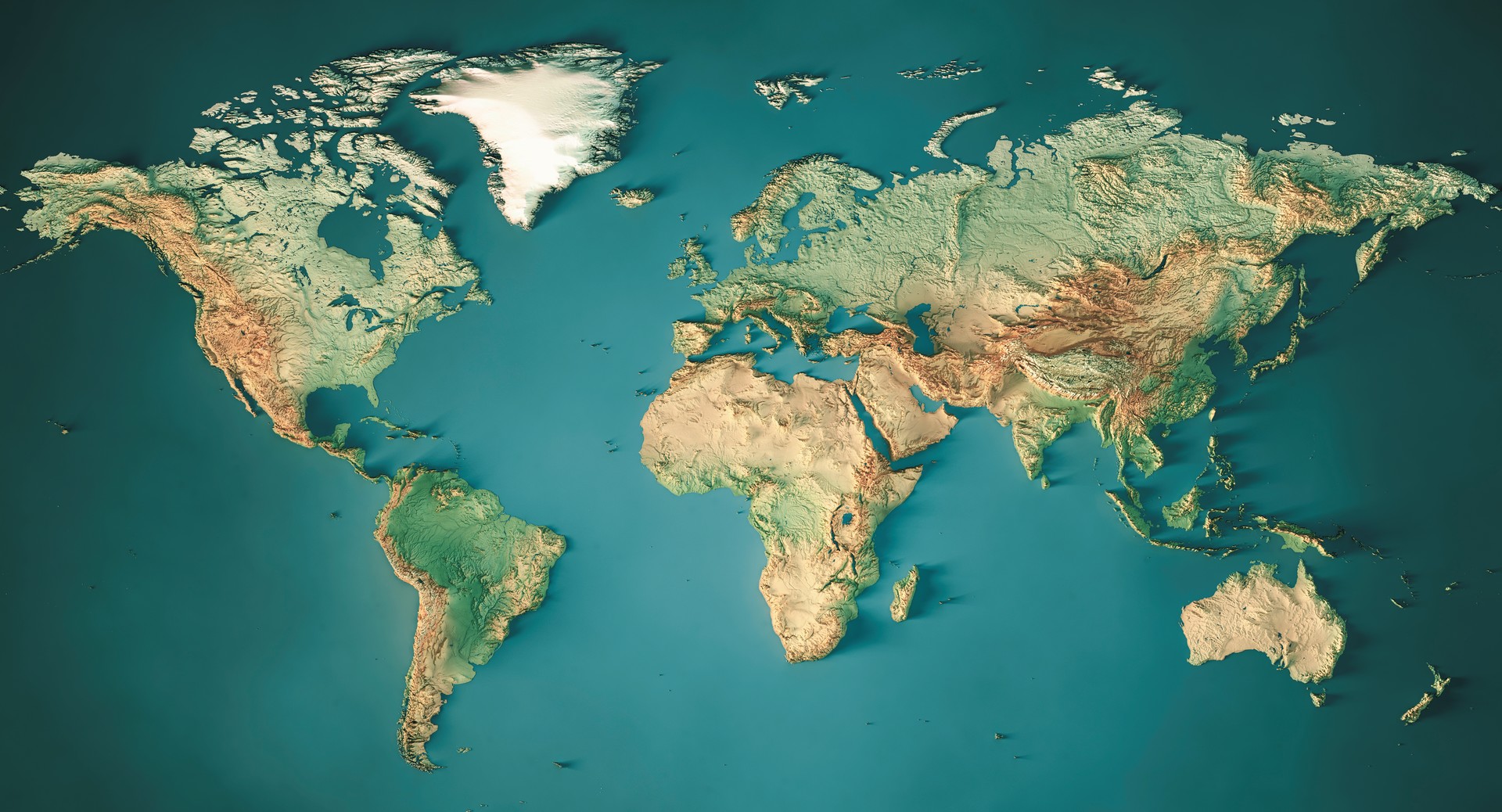Growing up in Haiti, Jacques Pierre was educated in French.
The language, the culture of his schooling – all French. Almost everything else in Haiti, though, happened in Haitian Creole. Pierre’s colonial education, as he calls it, centered on Europe rather than his Caribbean island home. His beloved mother tongue, in fact, was technically forbidden in the Haitian schools he attended.

“Haiti is a Creole-speaking country, not a French-speaking country,” Pierre declares. “This is the language that cements the entire nation.”
Pierre started teaching Haitian Creole at Duke in 2010, a few months after a devastating earthquake illuminated the need for Haitian Creole courses. Aid workers from the Duke community needed to be able to speak with anyone in Haiti, regardless of class or education. In the years since, Pierre has expanded the curriculum. Today, he’s proud to report, one student has written a thesis and others have published academic papers in Creole.
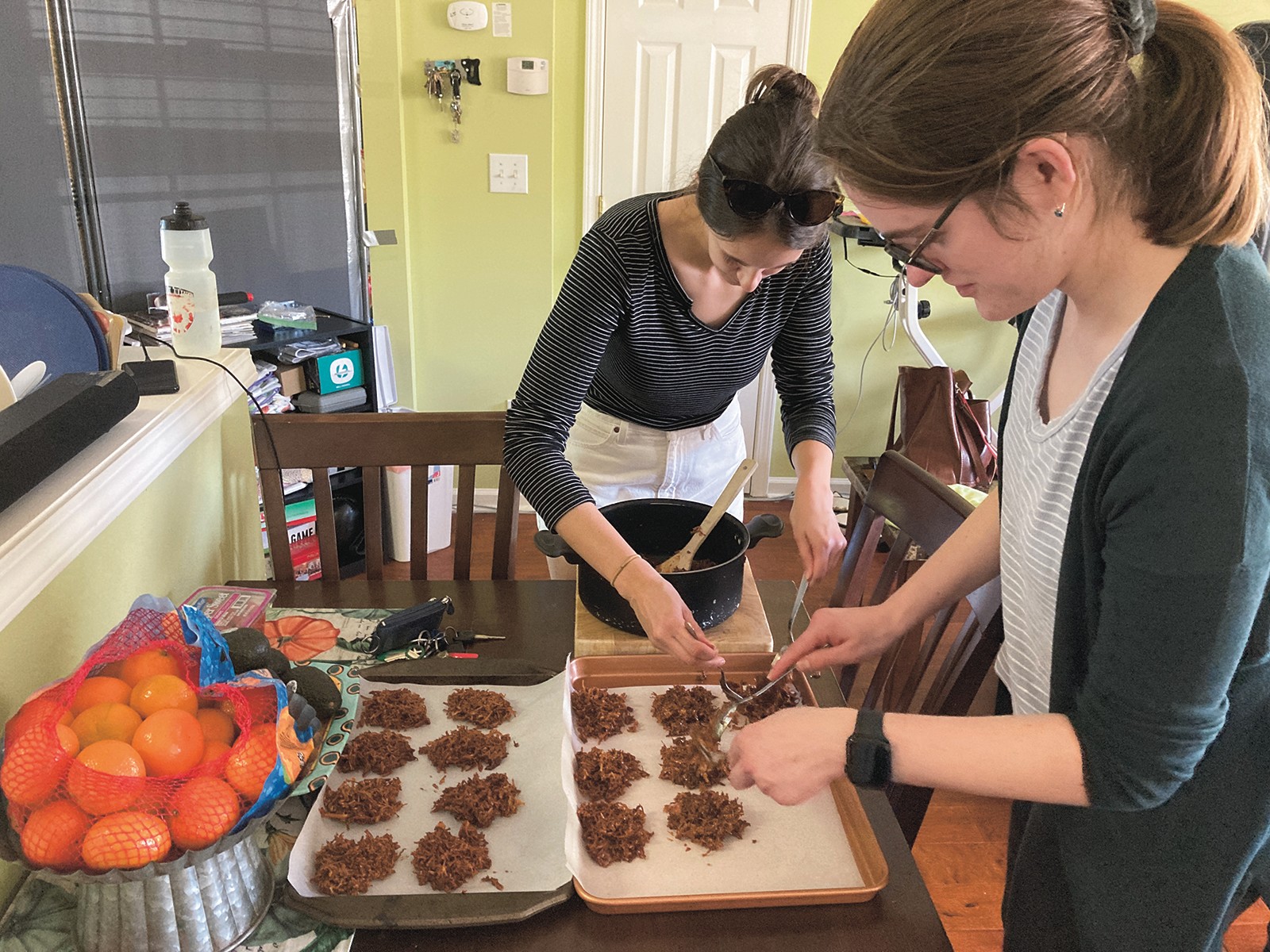
Pierre teaches one of a handful of less commonly taught languages at Duke. The other two, Turkish and Malagasy, round out the university’s contributions to the Partnership for Less Commonly Taught Languages. This consortium, which also includes language courses offered by the University of Virginia and Vanderbilt University, gives Duke students and researchers one of the most important tools they could ask for before working overseas.
“There is no way someone can understand a country without understanding its language,” says Pierre.
There are 7,000 languages worldwide, says Deb Reisinger, director of Duke’s Language Outreach Initiatives. Reisinger oversees the less commonly taught languages consortium. When choosing which languages to offer students, “It makes sense to pick one where we have something happening at Duke,” she says.
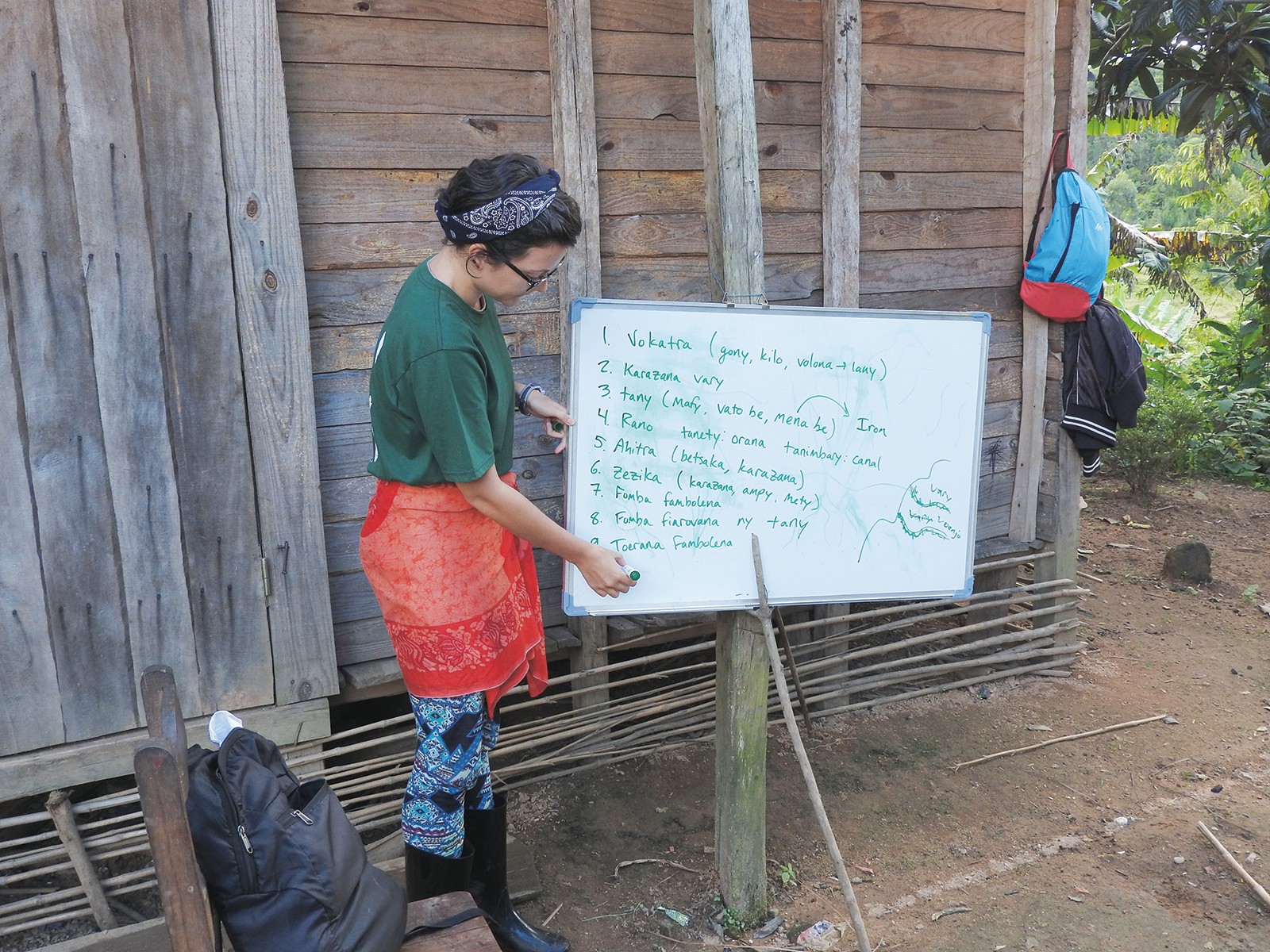
Malagasy, the national language of Madagascar, is a prime example, with the Duke Lemur Center studying mammals endemic to that island nation. Before Malagasy, Duke offered no African languages, Reisinger says.
“We were sending hordes of students to Tanzania, to Kenya, to West Africa, to Madagascar without proper language study and culture study,” she says.
“There is no way someone can understand a country without understanding its language.”
Jacques Pierre
Though Haiti and Madagascar are oceans apart, European colonialism left similar imprints on both nations. Most people in Madagascar speak Malagasy, says Duke Malagasy instructor Tendry Randriamanana. Some speak French, but it’s certainly not the everyday language. Besides – local culture is often lost in translation. Randriamanana, who has a doctorate in plant biology, imparts Malagasy language, norms, taboos and body language in a way that is tailored to scientists’ needs. In fact, the Malagasy course exists because two researchers – evolutionary anthropology and ecology Ph.D. students Camille DeSisto and Caroline Shearer – contacted Reisinger.
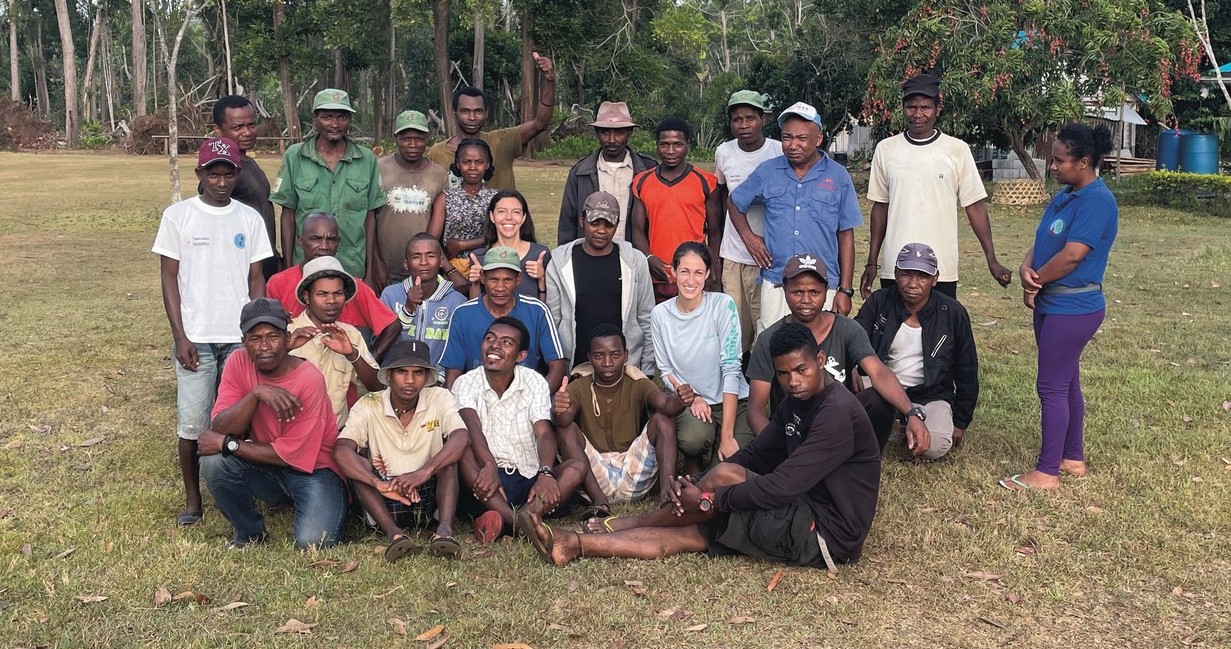
“I have a background in research and most of my students are researchers,” Randriamanana says. “I can put myself in their shoes.”
Karie Whitman, a fossil preparator with the Duke Lemur Center Museum of Natural History, sometimes searches caves for fossils. However, some Madagascar caves and rock outcroppings are sacred. Whitman, who learned Malagasy through fieldwork and then Randriamanana’s course, knows to honor local astrology before entering a sacred area to look for fossils, or to give thanks to the ancestors with an offering of candy and soda.
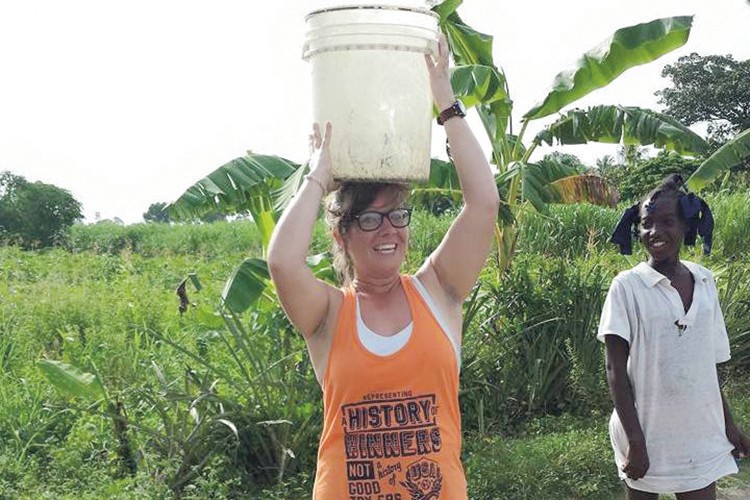
“In some places in Madagascar, it is rude to point into the distance,” Whitman says. “You could be pointing at a rock tomb.”
To a growing number of students, though, less commonly taught language classes are not about learning a new culture, but their own. Some come from Haitian families, Reisinger says, and have a personal stake in speaking Creole.
“Other students are just really excited to connect with their family,” Reisinger says.
Thanks to Pierre’s course, she continues, they can finally understand their grandparents.
